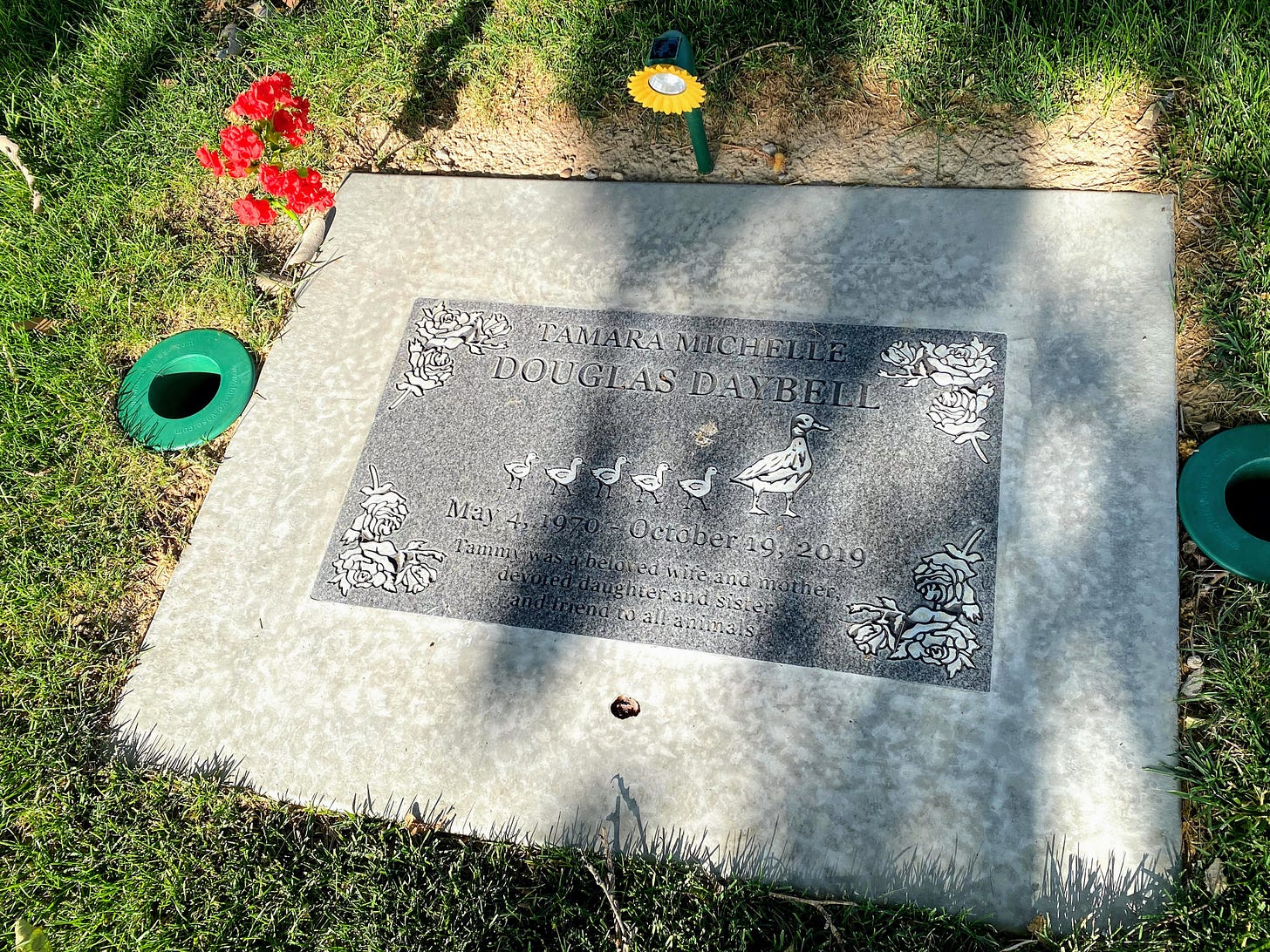The case of Lori Vallow is one that inspires obsession: a twisted story with a serpentine timeline and a cast of characters that would give any of the Coen Brothers’ films a run for its money.
As Nate Schweber reported for Business Insider, the ongoing courtroom trial has attrac…




